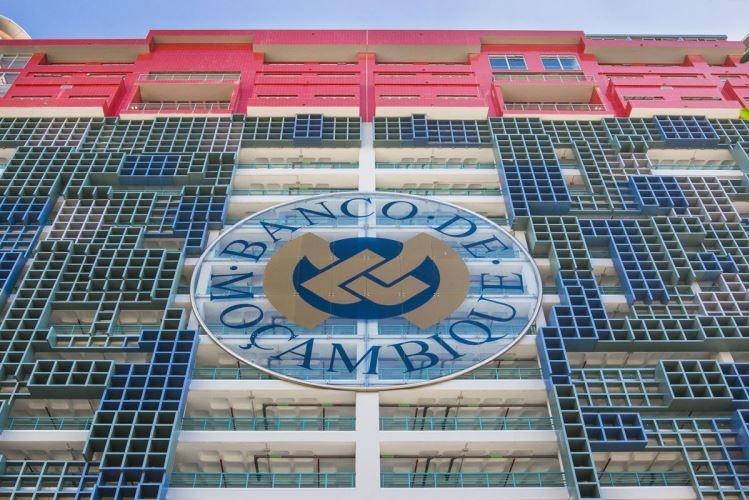Africa-Press – Mozambique. The volume of Mozambican bank reserves reached a new record of 255,158 million meticais (€3,676 million) at the end of March, as a result of interventions by the Bank of Mozambique to absorb excess liquidity.
According to a statistical report from the central bank accessed by Lusa today, the volume of these reserves compares with 231,748 million meticais (€3,339 million) at the end of 2023, or 165,860 million meticais (€2,390 million) in March last year.
In 12 months, the volume of Mozambican banks’ mandatory reserves grew by 10%, an increase that has risen to 285% since the end of December 2022, when they amounted to 66,144 million meticais (€953 million).
At the beginning of January, 2023, commercial banks’ mandatory reserves were set by the Bank of Mozambique at a coefficient of 10.5% in national currency and 11% in foreign currency.
However, in the first six months of 2023, the Bank of Mozambique increased this coefficient twice, with the argument that it was necessary to “absorb excessive liquidity in the banking system, with the potential to generate inflationary pressure”.
The last of these increases took place last June, reaching 39% of deposits in national currency and 39.5% in the case of foreign currency remaining in bank reserves.
After the second increase in these coefficients, the Confederation of Economic Associations of Mozambique (CTA) in June volunteered that the decision made it even more expensive to secure bank financing, essential in an economy of small and medium-sized companies, which would as a result have more difficulties.
Mozambican economists interviewed by Lusa at the time also considered the central bank’s decision to increase the mandatory reserve coefficients to be “harmful” for companies, pointing out that the measure “will not resolve” the inflationary spiral, because this “variable” was conditioned above all by “structural problems”.
“It means that [companies] will pay their debts at a much higher cost,” Egas Daniel, economist and coordinator of the Mozambique programme at the International Growth Centre (IGC) at the London School of Economics said last June.
The measure “could jeopardise the profitability and continuity of operations of many companies; it is the harmful part that accompanies these restrictive measures,” he added.
Economist Elcídio Bachita considered the decision to increase the mandatory reserve coefficients imposed on commercial banks to be risky:
“I would say it is not exactly a prudent measure.”
“Naturally, this will have repercussions,” he added. “Commercial banks will have fewer financial resources to finance the economy.”
For More News And Analysis About Mozambique Follow Africa-Press






